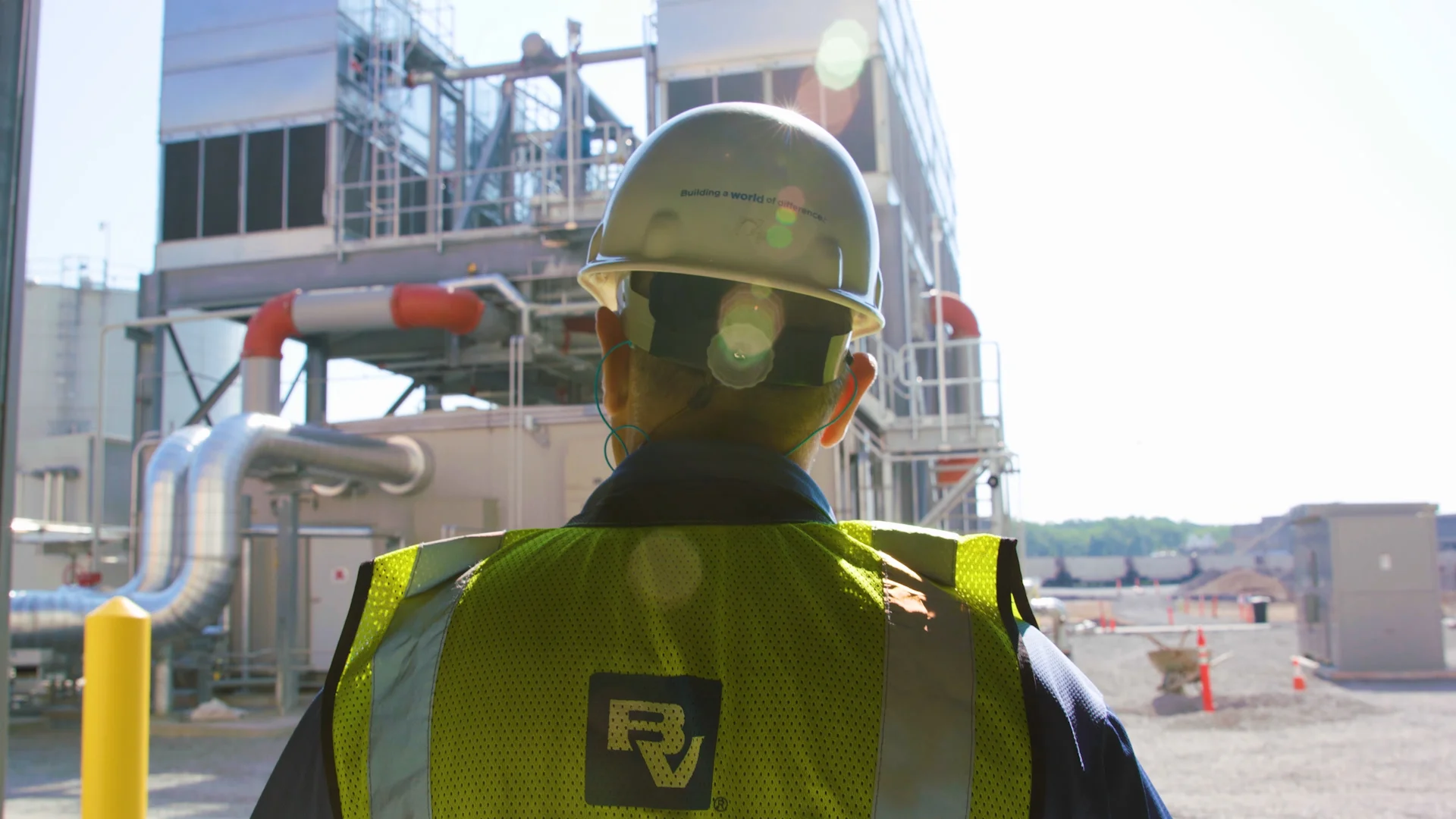Performance-Based Contracting and Partnership Delivers Environmental and Community Results

- Project Name
- Fresh Coast Protection Partnership
- Location
- Milwaukee, Wisconsin, United States
- Client
- Corvias
Aging infrastructure is by far the most challenging issue facing the water, wastewater and stormwater industry in the United States, according to BV’s 2020 Strategic Directions: Water Report. Yet, given persistent sensitivities to rate increases, accessing finance to improve and upgrade the millions of miles of the nation’s water systems often requires alternative and innovative approaches.
Enter Community Based Public-Private Partnerships (CBP3s), a structure where a local government and a private partner agree to a performance-based approach to build infrastructure and deliver on broader policy goals, such as community-centered metrics, incentivized redevelopment and workforce development. CBP3s enable local governments to incentivize more shovel-ready projects to the marketplace to access a greater array of tax-exempt and/or taxable capital sources.
The Fresh Coast Protection Partnership is an example of such a CBP3 making progress in Wisconsin, United States. A performance-based contract between the Milwaukee Metropolitan Sewer District and Corvias will deliver green infrastructure across 20 communities in the region. Through bioretention, constructed wetlands, subsurface storage and permeable pavements, and more, the program aims to protect water resources and improve resilience of stormwater systems as well as deliver social and economic benefits to the communities.
Black & Veatch’s wholly-owned infraManagement Group (iMG) is supporting Corvias by providing production and construction management oversight to deliver 8.45 million gallons of green infrastructure capacity by 2023. The team engaged with eight local design firms in 2020 to identify, evaluate, and build a portfolio of projects capable of delivering over 35 million gallons of green infrastructure capacity. The team also successfully negotiated purchase orders, resulting in 4 million gallons capacity under contract in 2020, exceeding the program’s goal, three-fold.
“By embracing the new partnership model, the Milwaukee region meets the new compliance requirements and protects the local water resources. But the real beauty of this holistic approach is that we gain many other sustainable benefits -- nutrient reduction, carbon sequestration, wetlands restoration, involvement of small, women, and minority-owned businesses – all resulting in improved quality of life for the people of Wisconsin,” said Bruce Allender, iMG, Chief Operating Officer.
Contact Us
Looking for a partner in innovation?
Let's Talk
